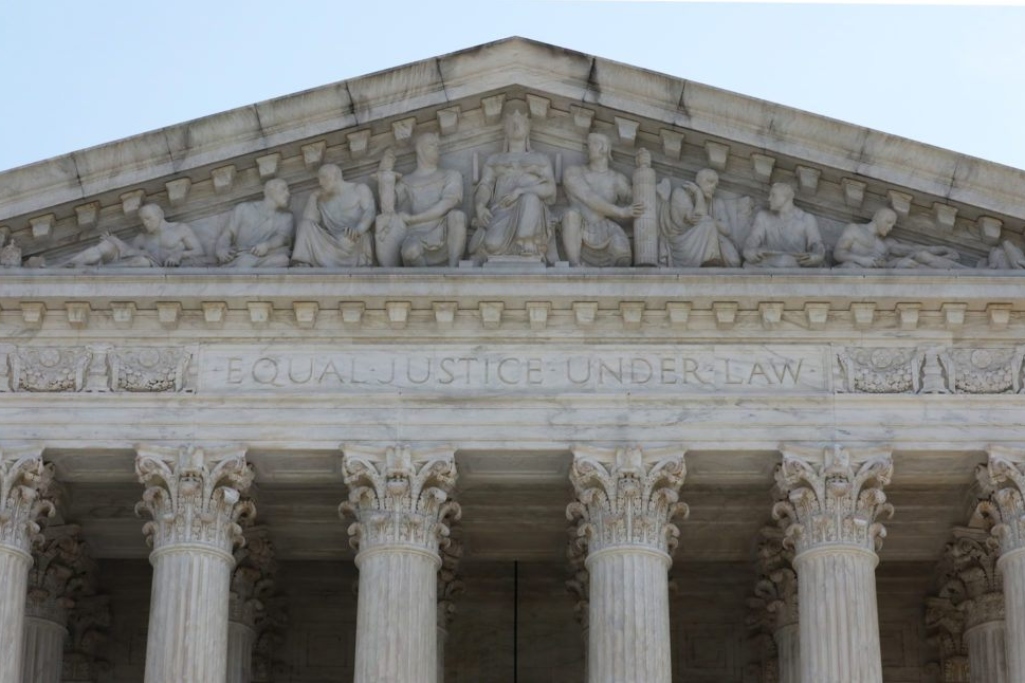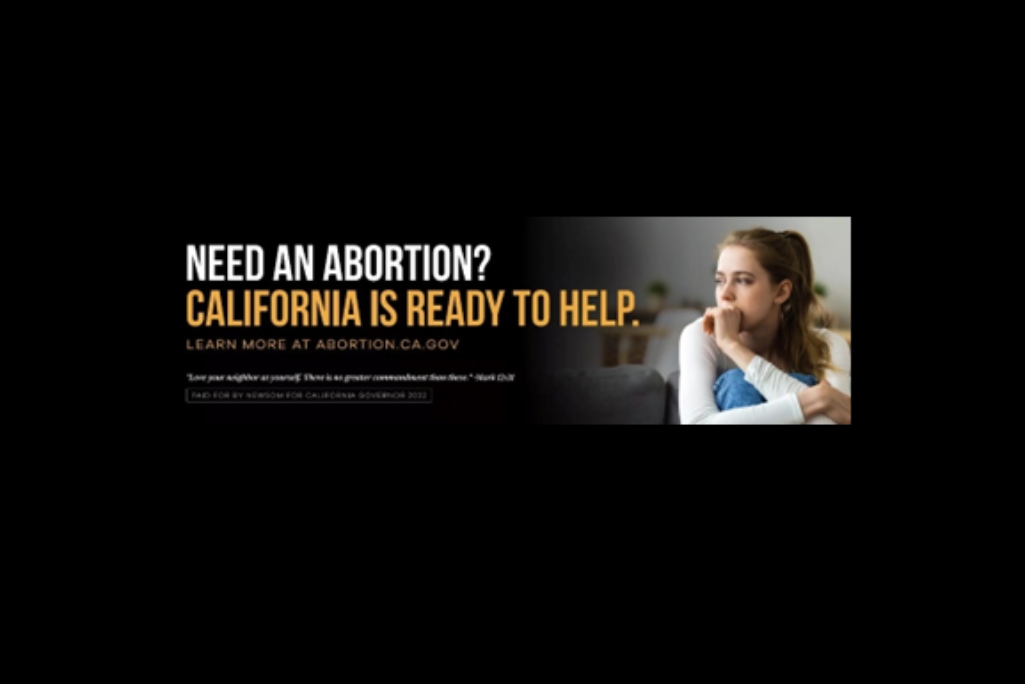
INDIANAPOLIS, Ind. (BP) – Hoosier Jews for Choice and four others can proceed in a class action challenge to Indiana’s abortion ban, claiming it violates their individual rights under the state’s Religious Freedom Restoration Act (RFRA), an appeals court ruled April 4.
The plaintiffs argue that their religious beliefs either teach that life does not begin at conception or give women autonomy in terminating a pregnancy. As such, the plaintiffs argue, Indiana’s abortion ban violates the RFRA by forcing them to adhere to a religious belief that life begins at conception.
The three-judge panel at the Court of Appeals of Indiana upheld a lower court ruling granting the plaintiffs a preliminary injunction to the law and allowing the plaintiffs to sue as an affected class. But the appeals court ordered the lower court to refine the parameters so that the injunction would only apply to women whose religious beliefs direct them to get an abortion.
None of the plaintiffs are known to be pregnant and imminently impacted by the abortion ban.
The lawsuit is one of about 15 filed in eight states in the year after the reversal of Roe v. Wade that claim religious exemptions to abortion bans, relying on state RFRAs, the New York Times reported in July 2023. The lawsuits include Jewish, Muslim and other followers.
In response, Oklahoma and West Virginia amended their RFRAs to include language preventing the use of the statutes to challenge abortion bans, the New York Times reported. Cases are proceeding in Missouri and Kentucky.
Indiana plaintiffs, who according to court documents include Jews, Muslims, Christians and spiritual pagans, cite teachings by some Jewish sects that life begins at birth or first breath, Jewish beliefs that uphold the physical and mental health of the mother during gestation, and beliefs held by Islamic, Episcopal, Unitarian Universalists and Pagan faiths that allow abortions in various circumstances.
But the Becket Fund for Religious Liberty, which filed an amicus brief in support of the state, said the plaintiffs have not shown that they are adversely impacted by Indiana’s abortion law, and are weaponizing Indiana’s RFRA in a political fight against abortion.
“This is a parody of RFRA, not the standard that has worked successfully in the federal government and nearly half the states for decades. This Court should apply the law of standing and the law of RFRA as they are written and maintain the balance that the Indiana legislature struck,” Becket Law wrote in its January 2023 brief to the appeal court.
“Even if plaintiffs had properly articulated a conflict between their religious exercise and the law, their claims would still fail because Indiana has a compelling interest in prohibiting the taking of an innocent life,” Becket said. “The plaintiffs argue against this compelling interest based upon the narrow and targeted exceptions in Indiana’s law. But such exceptions have been part of Indiana law in some form for more than 50 years.”
The plaintiffs filed their lawsuit in November 2022 after the reversal of Roe v. Wade ushered in Indiana’s abortion ban. Indiana protects unborn life from conception, but allows exceptions for survivors of rape and incest, up to 10 weeks after conception; fatal fetal abnormalities, up to 20 weeks after conception; and to protect the pregnant mother’s life.
A lower court granted the plaintiffs an injunction in December 2022, and the state appealed the ruling.
The American Civil Liberties Union represents the Indiana plaintiffs.
The Southern Baptist Convention has long upheld and advocated for life from conception through natural death. As recently as 2022, in anticipation of the reversal of Roe v. Wade, messengers to the SBC annual meeting approved a resolution “On Anticipation of a Historic Moment in the Pro-life Movement.”
Messengers commended the Ethics & Religious Liberty Commission for its frontline advocacy for life, urged all Southern Baptists to continue such advocacy at local, state and federal levels, and implored Southern Baptists to continue to serve and support pregnancy resource centers and related ventures.
(EDITOR’S NOTE – Diana Chandler is Baptist Press’ senior writer.)


